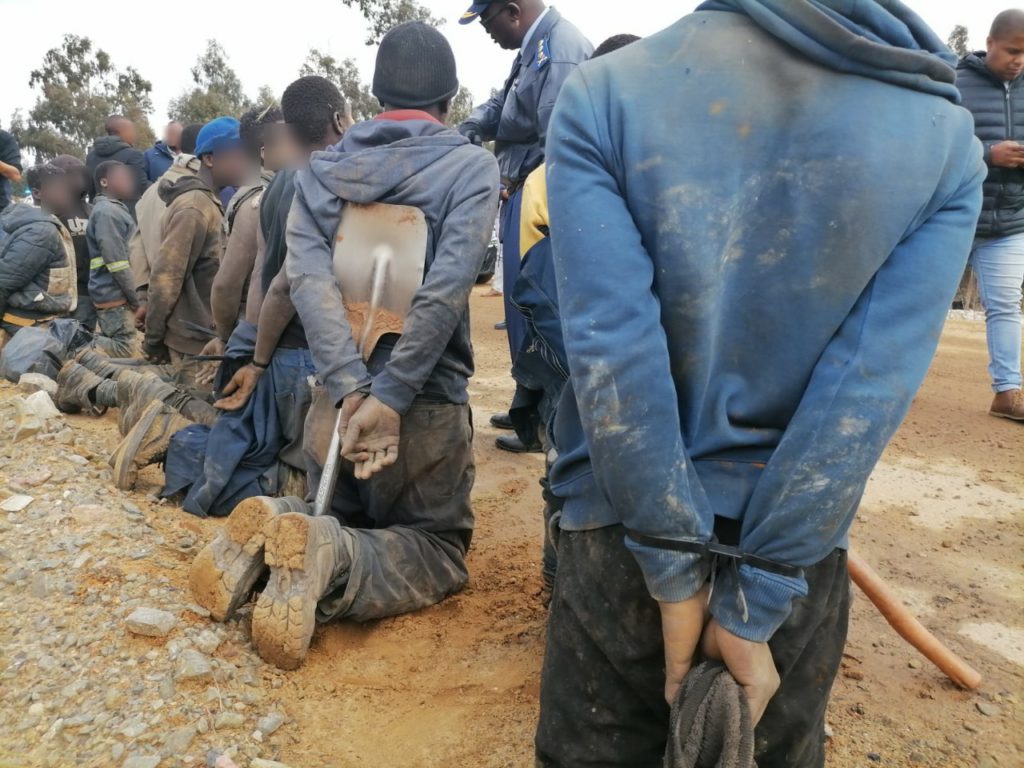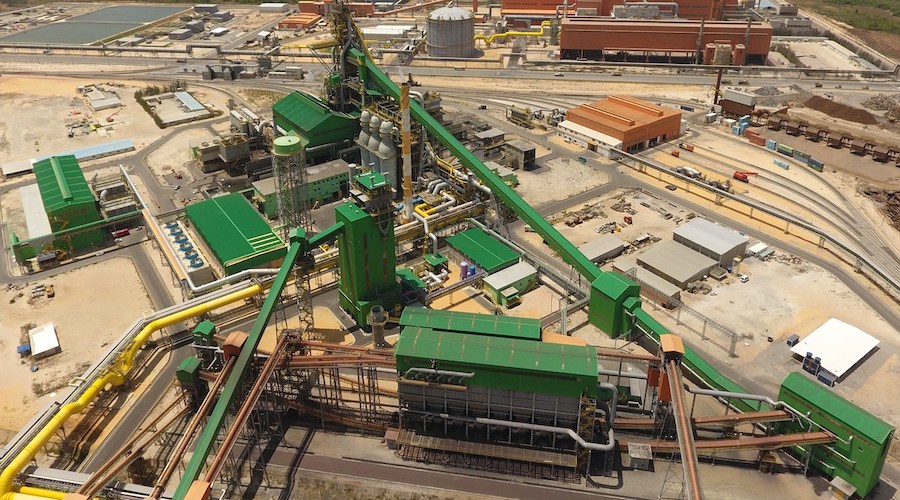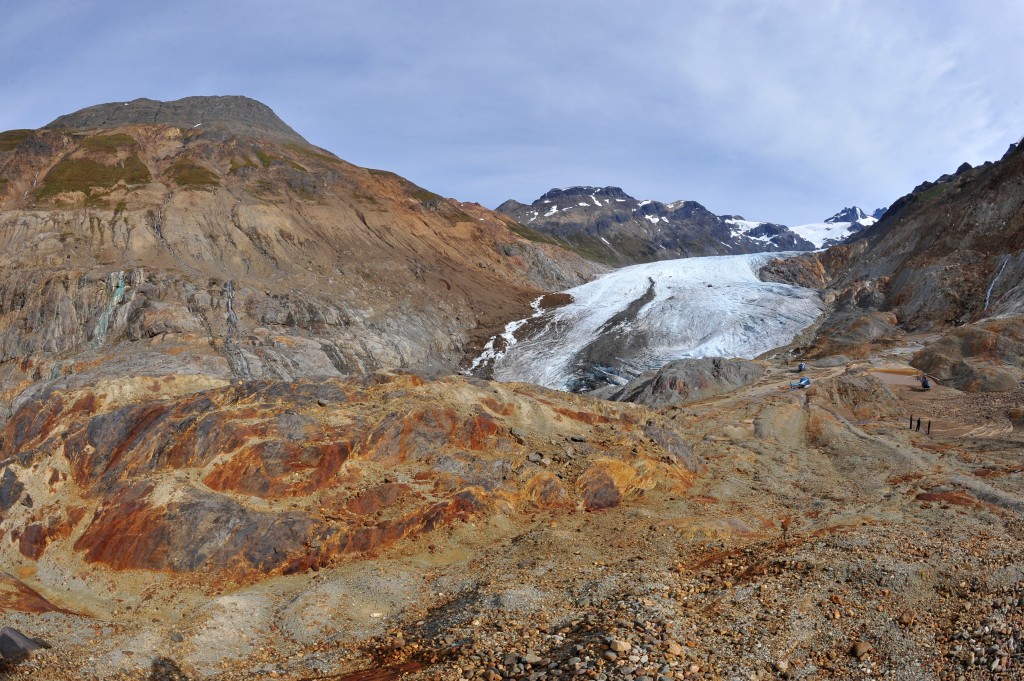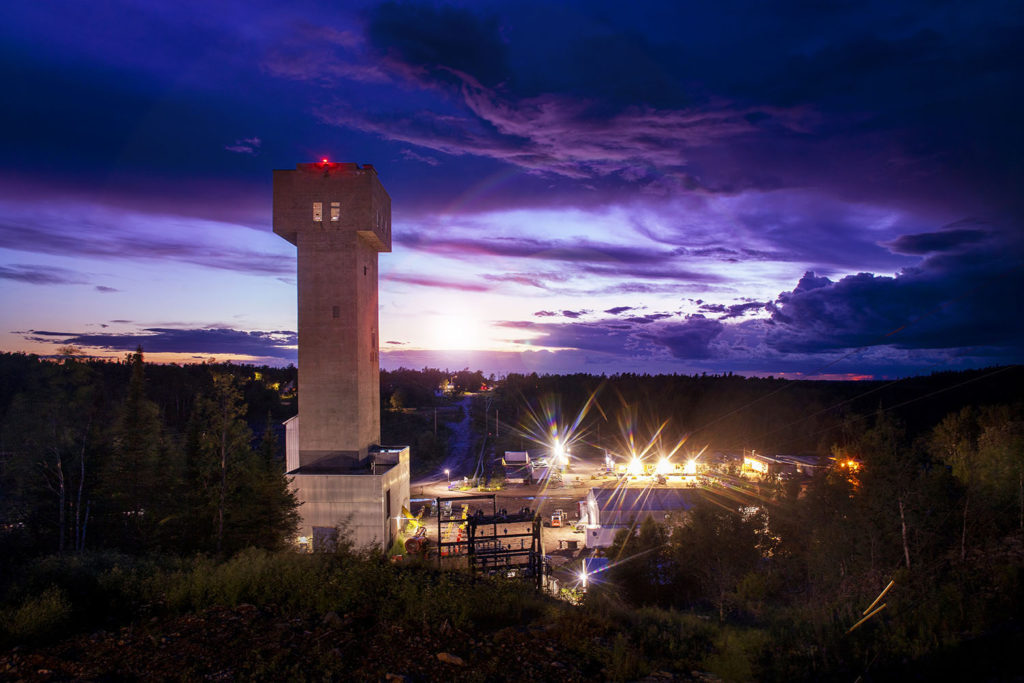NICO project in Northwest Territories could establish domestic bismuth supply
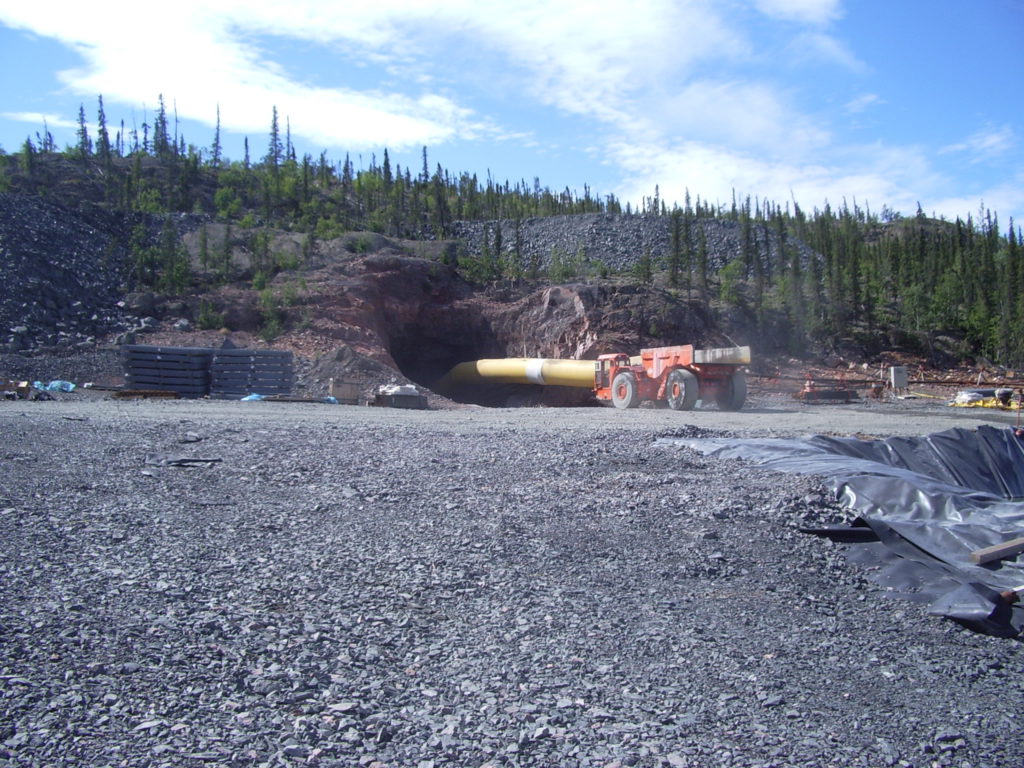

Test mining at NICO cobalt-gold-bismuth-copper project in Canada’s Northwest Territories. Image from Fortune Minerals.
Bismuth prices surged to all-time highs on the European spot market in March, a more than six-fold rise since January, as China’s export controls squeeze supplies of the mineral used in atomic research, cosmetics and pharmaceuticals.
China in February announced plans to impose export controls on five key metals — tungsten, tellurium, molybdenum, indium and bismuth — in response to US President Trump’s import tariffs.
Bismuth is a scarce industrial metal that has characteristics similar to lead, but is non-toxic, and the industry is currently developing uses for replacing lead.
But hardly any bismuth is currently being produced in North America – 90% of global refined metal supply comes from China and about 80% of the mine production is in China — it’s a tale unfolding over and over in the metals markets — same scenario, different critical mineral.
NICO project
Fortune Minerals (TSX: FT) is a Canadian company developing its flagship NICO cobalt-gold-bismuth-copper deposit in Canada’s Northwest Territories, which it says contains 12% of global bismuth reserves as well as 1.1 million in-situ ounces of gold.
Last year, the company secured funding from both the Canadian and US governments. The domestic funding, from Natural Resources Canada, amounts to C$7.5 million ($5.5 million). This is expected to cover 75% of the C$10 million in additional engineering and test work for the project, Fortune said.
Separately, the company has been awarded $6.38 million by the US Department of Defense to expand the capacity and production of cobalt for the battery and high-strength alloy supply chain.
“The restrictions on exports coming from China mean that virtually 90% of the supply of this metal has been cut off — is that sustainable? No, but, but people have got to have it and are paying through the nose to get it. We’re receiving phone calls from all over the world – or emails, looking for sources of supply,” Fortune Minerals’ CEO Robin Goad told MINING.com in an interview.
“Historically, this project would normally be considered a cobalt-gold asset, but we’ve got extreme volatility right now in the prices for some of these metals,” Goad said.
Cobalt prices have also soared in March as concerns over supplies mounted after Eurasian Resources Group declared force majeure on deliveries because of a Democratic Republic of Congo ban on exports of the battery material. Last month Congo’s government suspended cobalt exports for four months to rein in oversupply and large surpluses, which had sent prices to nine-year lows.
“We have four metals, and the fact that we have significant gold in our asset as well provides some pretty strong mitigation of metal price volatility. So now we’re vertically integrated,” Goad pointed out.
Goad said the NICO will produce a bulk concentrate in the Northwest Territories to be transported to the railway at Enterprise Northwest Territories and then down to the proposed refinery site, in Lamont County, Alberta.
Fortune plans to contribute to a burgeoning critical minerals processing hub: Alberta’s Industrial Heartland Association has an existing petrochemicals processing hub, and in the same jurisdiction, Sherritt operates a nickel-cobalt refinery; Rio Tinto has a petroleum calcining operation to produce anodes for aluminum processing, while Umicore has a cobalt alloys plant – all in the same jurisdiction. The company is also collaborating on plans to build a refinery in the hub with Rio Tinto.
Tariff talk
While tariff talk is dominating headlines and disrupting markets, Goad does not anticipate that US funding and partnerships will be in jeopardy.
“To the best of our knowledge, it’s business as usual. I expect that some of the disputes happening between Canada and the United States will get resolved. I think we’re all hoping that, because it makes economic sense,” he said.
“Our economies are so interconnected that the US is pursuing a strategy that’s effectively shooting themselves in the foot. And yes, it hurts us more than it hurts them.
“I think the U.S. administration will figure that out. We do know critical minerals are very important to them,” Goad said. “And what’s happening in the bismuth market is a very good example of why we need shorter supply chains with more resiliency – and without the exposure to political policy risks.”
Goad draws a parallel to cobalt, for which mined production is beginning in North America, and plans for the continent’s first cobalt sulphate refinery were announced last week. It’s been a bumpy ride for Northern Ontario’s Electra Battery Materials, the company set to restart the build. A difficult financial situation forced a slowdown at the Temiskaming Shores plant, with construction coming to a grinding halt in 2023.
Path to development
The NICO project is an advanced-stage asset consisting of a proposed open pit and underground mine and concentrator. Anchoring the mine is a cobalt-gold-bismuth-copper deposit containing 33.1 million tonnes in reserves at grades of 0.11% cobalt, 1.03 g/t gold, 0.14% bismuth and 0.04% copper.
Fortune Minerals has published a full feasibility study and is currently working on an update.
Goad said the government funding is being used for an updated feasibility study, feed engineering, permits for the Alberta refinery site, and test work validation on some process improvements.
“The remaining authorizations we have in the Northwest territories; an environmental assessment, water license and a land use permit,” he said. “We have the major mine permits…the government money that we’re being provided is supposed to take our project to a construction decision, which we hope to be in June 2026.”
This post has been syndicated from a third-party source. View the original article here.
